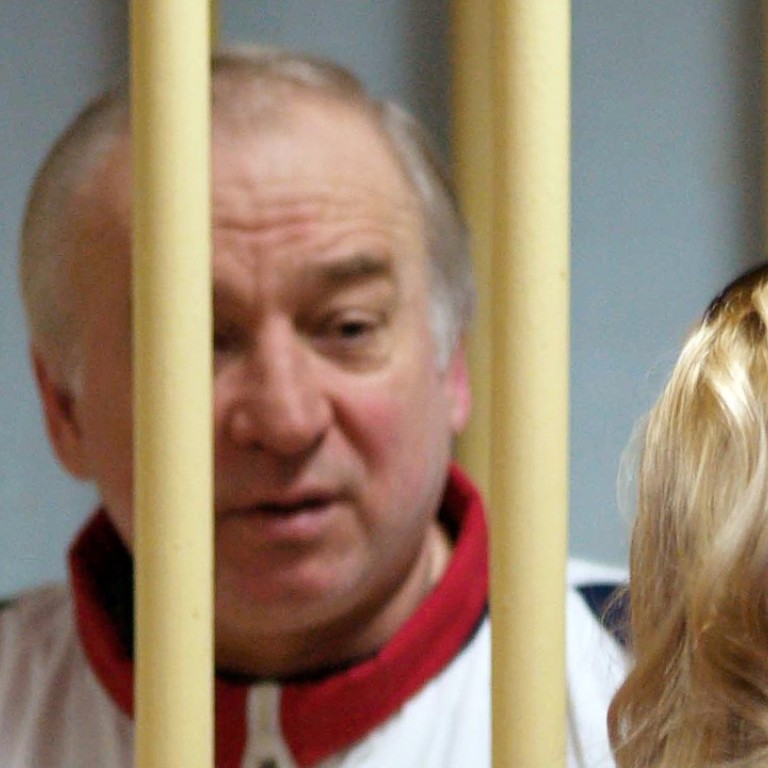
Nerve agent was used to poison ex-Russian spy Sergei Skripal, British police say
Downing Street suspects the incident was another brazen assassination operation by Russia on British soil
Investigators believe a nerve agent was used to poison the former Russian agent Sergei Skripal and his daughter in Salisbury on Sunday.
It is believed to have been a deliberate act and the two victims are still critically ill in hospital.
The medical and chemical evidence and the effects on the victims point to a nerve agent. Sources would not discuss which one. The best known are VX and sarin.
Skripal and his daughter Yulia, 33, were found slumped on a bench in Salisbury on Sunday afternoon.
It has emerged that the pair had been in the city centre almost three hours before they collapsed.
Although further details are awaited, the suspicion in Downing Street will be that the Kremlin has carried out another brazen assassination operation on British soil.
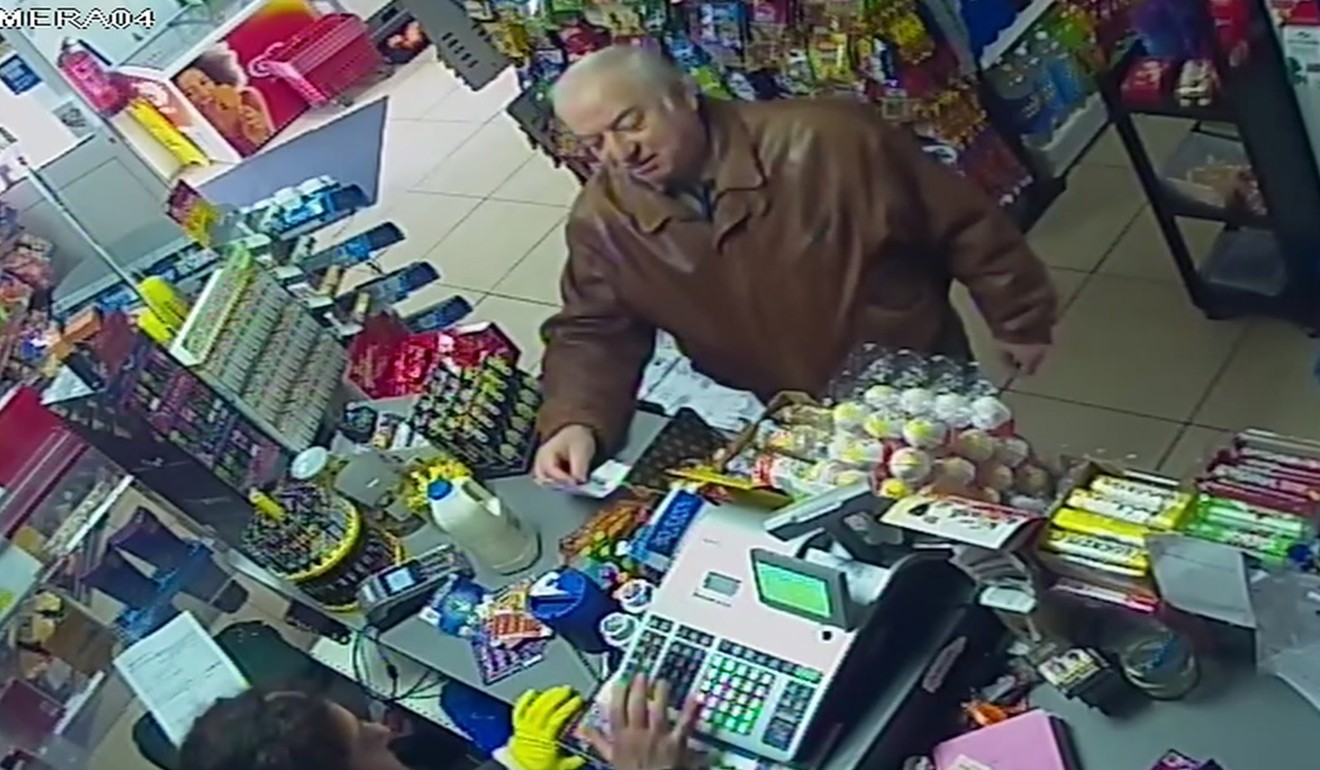
Scientists at Porton Down have assisted in the investigation, which is being led by Scotland Yard’s counterterrorism command, SO15, with significant help from the intelligence agencies.
The investigation is comprised of multiple strands. Among them is whether there is any more of the nerve agent in the UK, and where it came from.
Chemical weapons experts said it was almost impossible to make nerve agents without training. “This needs expertise and a special place to make it or you will kill yourself. It’s only a small amount, but you don’t make this in your kitchen,” one said, speaking on condition of anonymity.
Hamish de Bretton-Gordon, a former commanding officer at the UK’s chemical, biological and nuclear regiment, said: “This is pretty significant. Nerve agents such as sarin and VX need to be made in a laboratory. It is not an insufficient task. Not even the so-called Islamic State could do it.”
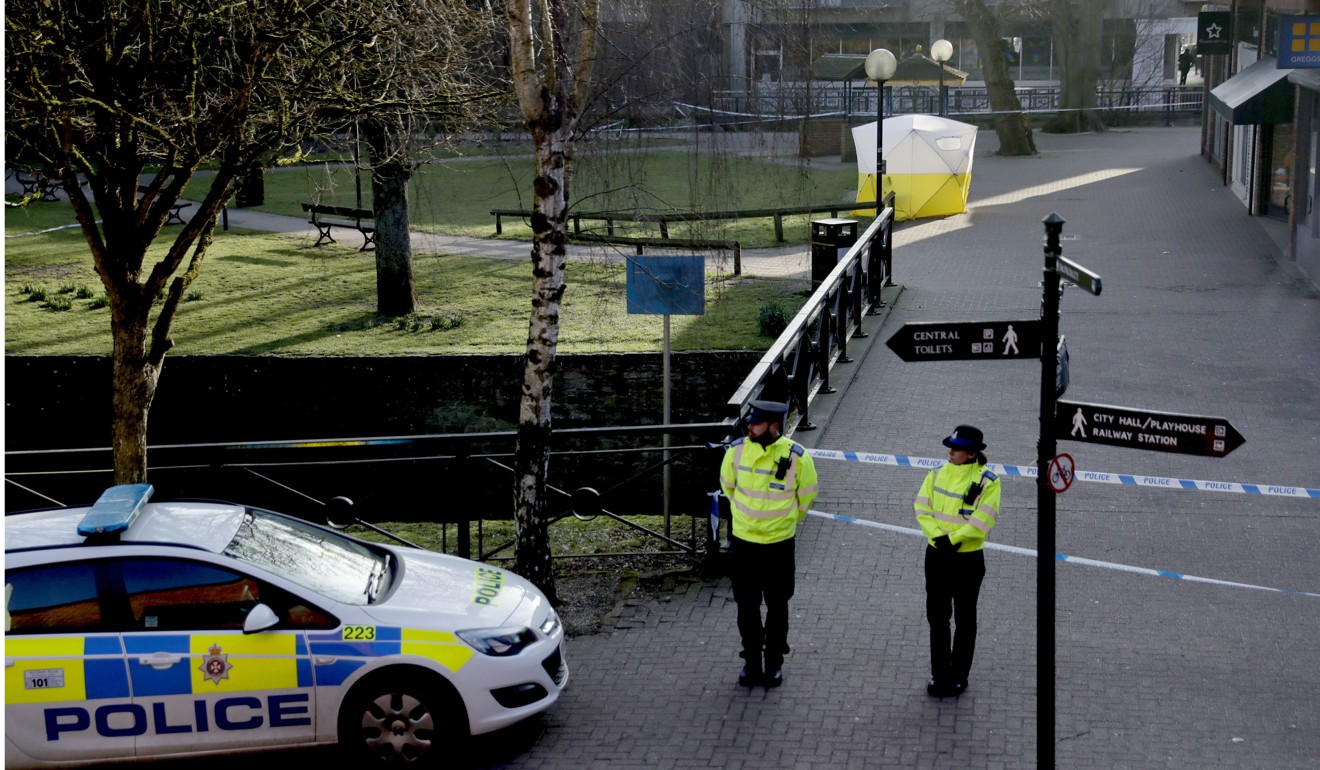
Decontamination work has been undertaken to make areas feared to have been affected by the suspected nerve agent safe. More details about what British investigators know is expected to be announced later on Wednesday.
One former senior Foreign Office adviser suggested the Kremlin was taking advantage of the UK’s lack of allies in the US and EU. He said the British government was in a “weaker position” than in 2006 when two Kremlin assassins poisoned the former FSB officer Alexander Litvinenko with a radioactive cup of tea.
The adviser said the use of nerve agent suggested a state operation, adding that its deployment in the centre of a sleepy cathedral city on a Sunday afternoon was “brazen”. “It says a lot about how seriously they [the Russians] take us that they feel able to do something like this,” the ex-adviser said.
He added: “The Soviets used to use bespoke toxins in their assassination programme. They require a lot of capacity in research and development. You need to produce, manufacture and store them.”
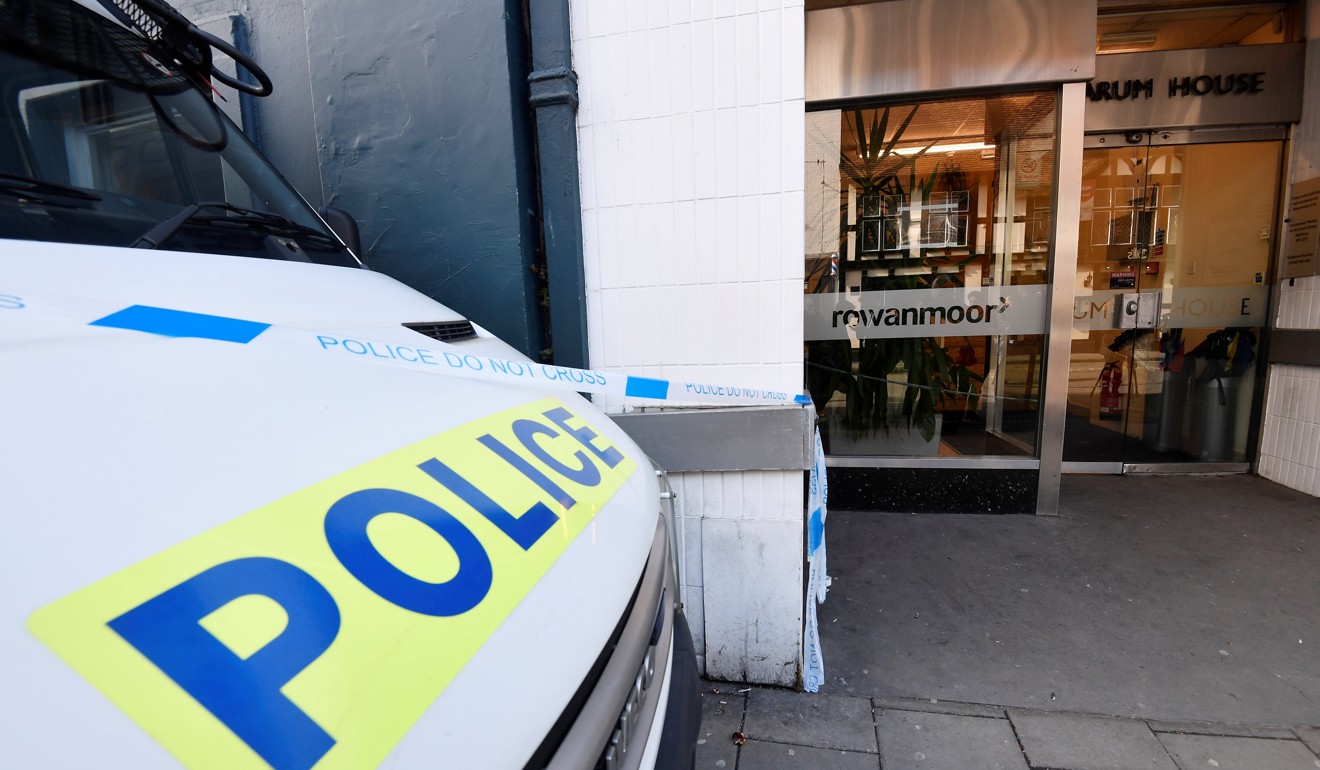
There was renewed activity in Salisbury on Wednesday afternoon as around a dozen police cars, fire engines and ambulances arrived in the city centre. Attention was focused on Sarum House, next door to the restaurant Zizzi, one of the locations sealed off by police. A dark-haired woman was escorted out by police officers and put in an ambulance.
Police are keen to obtain any video footage from shoppers or visitors to Salisbury on Sunday afternoon.
The Metropolitan police said that due to the “unusual circumstances” its counterterrorism unit would lead the investigation.
Officers have carried out a CCTV investigation and spoken to a number of people as part of the inquiry, and are appealing to anybody who visited Salisbury city centre and the surrounding areas on Sunday afternoon to get in touch.
They are keen to speak to anyone who visited Zizzi restaurant on Castle Street and the Bishop’s Mill pub in the Maltings, both premises the Skripals are believed to have visited.
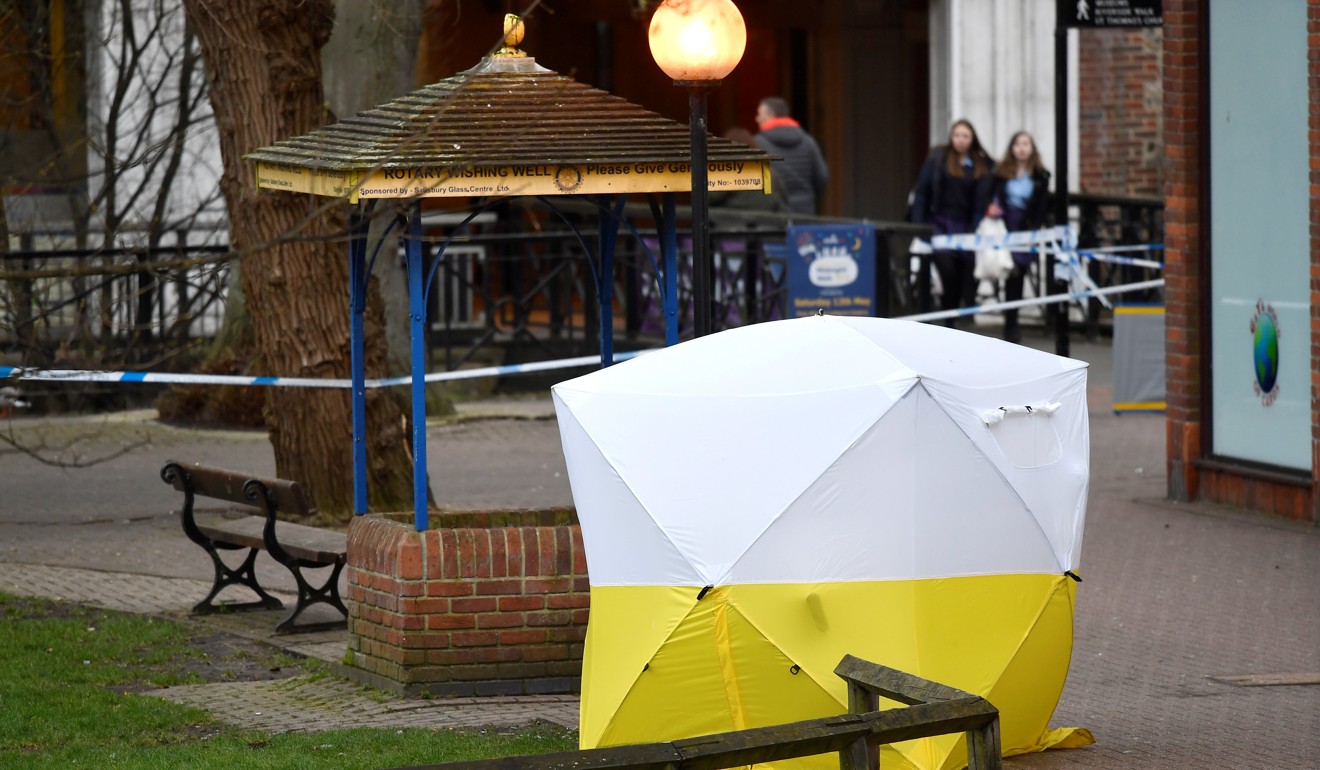
The Met assistant commissioner Mark Rowley, the head of counterterrorism policing, said: “Working alongside Wiltshire police and partner agencies, we continue to carry out extensive inquiries. This investigation is at the early stages and any speculation is unhelpful at this time.
“The focus at this time is to establish what has caused these people to become critically ill. We would like to reassure members of the public that this incident is being taken extremely seriously and we currently do not believe there is any risk to the wider public.
The temporary chief constable of Wiltshire police, Kier Pritchard, said: “We continue to work with our partners, including Public Health England, the local NHS trust, local authorities and emergency services. The public will continue to see a high visible policing presence in Salisbury city to help reassure our communities.”

